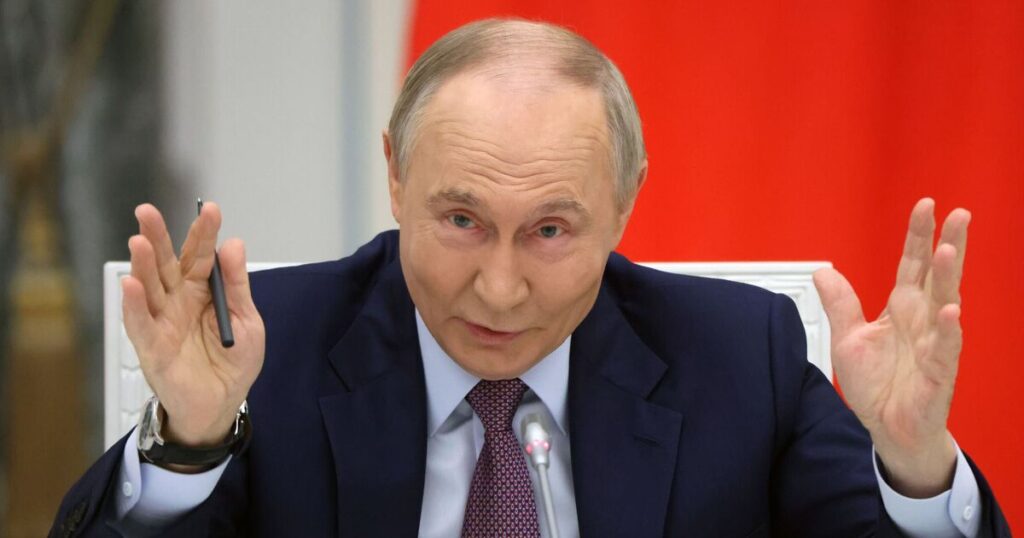Vladimir Putin is facing mounting pressure as new data reveals that more Russians are complaining of floundering economic activity. Pollster Gallup reported yesterday that the proportion of citizens who say their local economy is getting better has tanked to 48%, from a 2023 high of 56%. In addition, nearly 40% say things are getting worse. It comes as the country shows its “first signs of stagnation in manufacturing sectors”, according to experts, which are critical to its defence industrial base.
The Institute for the Study of War (ISW) also reports that regional authorities are continuing to reduce one-time recruitment payments, supporting its forecast that the Kremlin may begin compulsory recruitment of reservists amid its full-scale invasion of Ukraine in the face of “mounting economic strain”. Firms have been battered by high interest rates, with the economic development minister Maxim Reshetnikov warning in June that the country was “on the brink of a recession”.
Moreover, a muslide of bad debt could result in a major financial crisis.
Russia’s central bank cut its interest rate by 50 basis points to 16.5% earlier this month.
The meeting was the first since the government announced that VAT on businesses would be increased in 2026 from 20% to 22%.
There will also be a decrease in the annual revenue threshold for firms that must pay VAT from 60million rubles (around £537,000) to 10million (around £89,000).
Reuters reports that bank officials also raised Russia’s 2026 inflation forecast to between 4% and 5% from 4% previously, and increased its average interest rate estimate for 2026 to between 13% and 15%, compared to between 12% and 13% beforehand.
Donald Trump has imposed sanctions on Russia’s two largest oil companies, Rosneft and Lukoil, after a mooted summit with Putin in Hungary was cancelled.
Companies that buy Russian oil risk losing access to the dollar-based financial system as a result, impacting countries like India and China.
Russia’s Federal Security Service (FSB) has accused exiled Russian businessman Mikhail Khodorkovsky and 22 members of the country’s Anti-War Committee of plotting a coup against Putin.
John Herbst, the senior director of the Atlantic Council’s Eurasia Center and former US ambassador to Ukraine, told The Telegraph that this suggests that the Kremlin is “being paranoid”.


